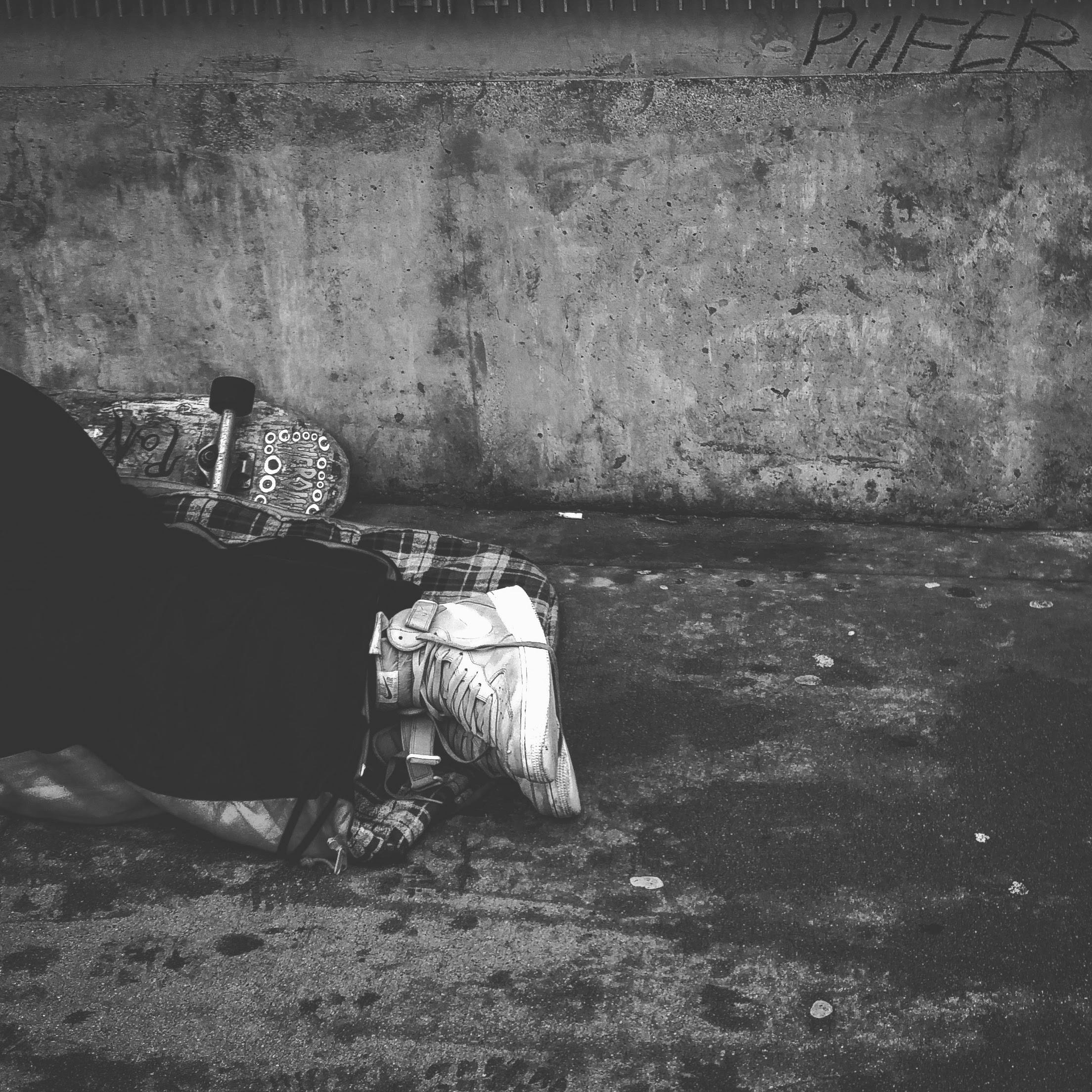Title: Major Shift in Policy: Decriminalization of Rough Sleeping with the Abolishment of the 1824 Law
In a significant move towards compassion and social justice, the government has officially repealed the archaic 1824 law that criminalized rough sleeping. This progressive decision marks a turning point in how society approaches homelessness, highlighting a growing recognition of the need for supportive measures rather than punitive ones.
For over two centuries, the 1824 Vagrancy Act allowed local authorities to arrest individuals for the act of sleeping in public spaces—or “rough sleeping”—creating a cycle of criminalization that hindered many from accessing necessary support services. Advocates for social change have long argued that homelessness is not a crime but rather a complex social issue that deserves empathy and effective solutions.
With the repeal of this outdated legislation, cities can now focus on providing essential resources and support systems for those experiencing homelessness, instead of treating them as offenders. This change is expected to foster more inclusive communities and enable local governments to implement more holistic approaches to combat homelessness—ranging from affordable housing initiatives to improved mental health services.
The decriminalization of rough sleeping is not merely a legal victory; it symbolizes a broader societal commitment to upholding the dignity of every individual, irrespective of their circumstances. As this new chapter unfolds, it will be crucial for communities to come together, support one another, and ensure that compassionate measures are maintained.
This step forward raises hope for many, providing an opportunity to establish collaborative efforts aimed at addressing the root causes of homelessness. It is vital that we continue to advocate for policies that prioritize human rights and well-being, ensuring that no one is left behind on the streets.
As we move forward, let us reflect on the importance of empathy and solidarity, working collectively to create a society where everyone has a place to call home.
